You might be able to curb excess oil on your face using certain remedies like honey and aloe vera. Lifestyle choices, such as cutting back on fried foods, can also have a positive effect.
Oily skin occurs when sebaceous glands produce too much sebum. These glands lie beneath the skin’s surface. Sebum is an oily mixture of fats. While sebum has benefits — it shields and hydrates the skin and helps keep hair glossy and healthy — too much of it can cause problems.
Excess sebum can lead to shiny, oily skin, clogged pores, and acne. Genetics, hormonal shifts, and stress are common triggers that can ramp up sebum production.
Managing oily skin and acne can be challenging. Many people turn to home treatments to ease symptoms without prescription medications or costly skincare routines.
10 home treatments for oily skin
Below are several at-home approaches you can try to manage oily skin.
Wash your face
It may sound obvious, but some with oily skin skip daily cleansing. If you have oily skin, wash your face twice daily — but don’t go overboard. Steer clear of harsh soaps and detergents, which can strip the skin and trigger increased sebum production. Opt for a gentle cleanser such as glycerin soap instead.
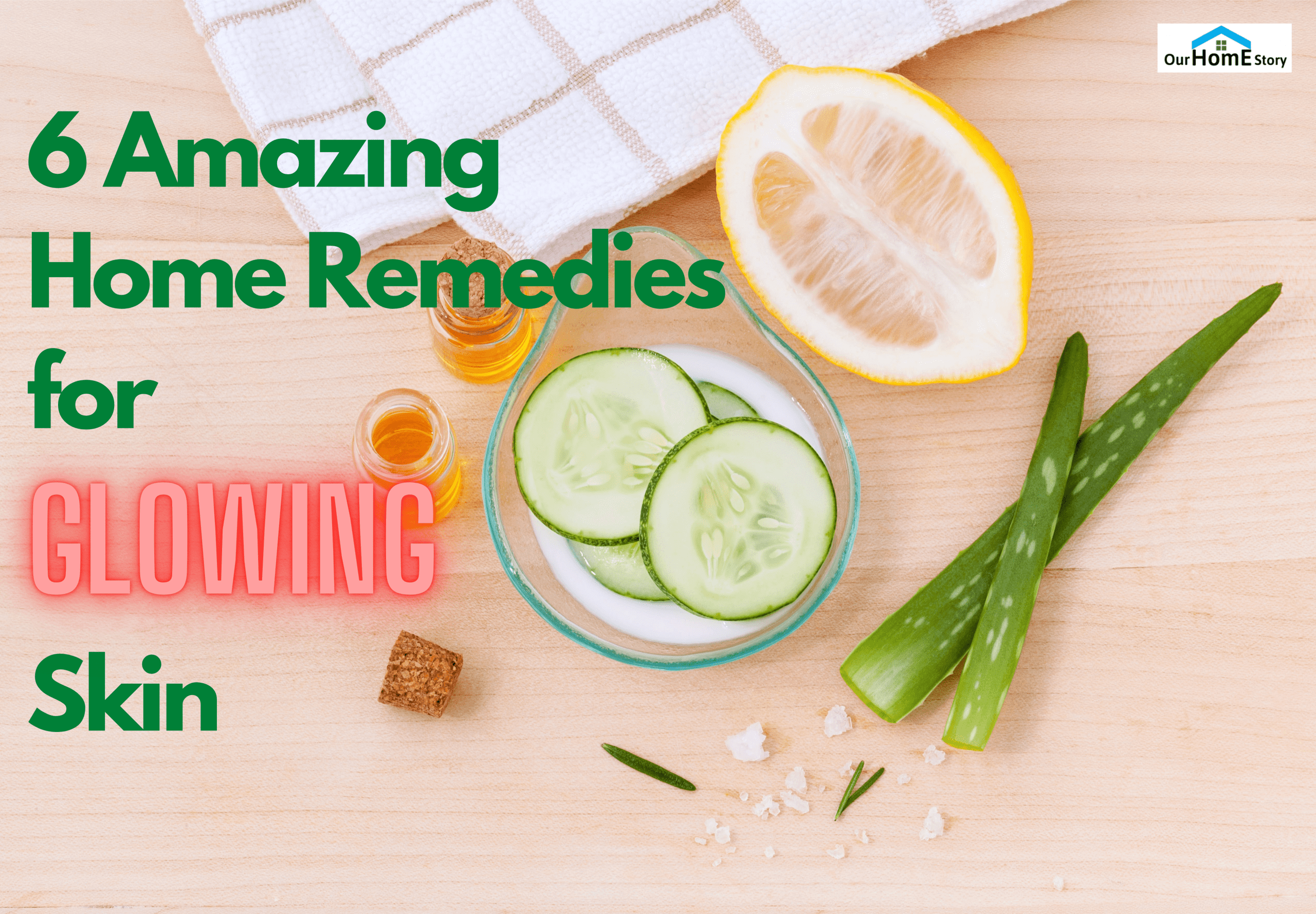
Blotting papers won’t stop sebaceous glands from producing oil, but they will absorb surface oil and reduce shine quickly. These inexpensive sheets are sold over the counter and can be used as needed throughout the day.
Honey
Honey is a long-standing natural skin remedy. Due to its antibacterial and antiseptic properties, it may be helpful for oily, acne-prone skin.
Honey is also a natural humectant, so it helps retain moisture in the skin without adding oiliness. Humectants draw moisture to the skin without replacing it with oil.
To use honey for acne and oily skin, spread a thin layer (preferably raw) over your face, let it sit for about 10 minutes, then rinse thoroughly with warm water.
Cosmetic clay
Ceramic clays, also known as healing clays, absorb oil and can help manage various skin issues. French green clay in powder form is a common option for oily skin and acne.
To prepare a French green clay mask at home:
- Mix about a teaspoon of clay with filtered water or rose water until it reaches a pudding-like texture.
- Spread the clay on your face and let it dry.
- Rinse off the clay with warm water and gently pat your skin dry.
Rinsing clay masks off with water is typically gentler than peel-off masks.
Oatmeal
Oatmeal can soothe inflamed skin and soak up extra oil. It also exfoliates dead skin cells. For facial masks, oatmeal is often ground and combined with yogurt, honey, or mashed fruits like banana, apple, or papaya.
To use oatmeal on your skin:
- Mix 1/2 cup of ground oats with hot water to form a paste.
- Add 1 tablespoon of honey and stir.
- Massage the mixture into your face for about 3 minutes, rinse with warm water, and pat dry.
- Or leave the oatmeal mask on for 10–15 minutes, then rinse with warm water and pat dry.
Egg whites and lemon
Egg whites and lemon juice are traditional remedies for oily skin. While anecdotal reports suggest benefits from egg white masks, more scientific research is needed to confirm their effectiveness for oily skin.
Egg whites and lemon juice are believed to temporarily tighten pores. The citric acid in lemons may help absorb oil, and lemons are also reported to have antibacterial effects.
Do not apply undiluted lemon juice directly to your face, as it can irritate or burn the skin. If you try lemon as part of a facial, always dilute it with other ingredients to reduce irritation risk.
Before applying any lemon-containing mixture to your whole face, test it on a small area of skin, such as your wrist.
To make an egg white and lemon mask:
- Whisk 1 egg white with 1 teaspoon of fresh lemon juice.
- Apply to your face and leave on until the mask dries.
- Rinse off with warm water and pat dry.
Because lemon can increase photosensitivity, always use sunscreen after topical application of citrus juices or oils.
Almonds
Ground almonds act as a physical exfoliant and can help lift excess oil and debris from the skin. To make an almond scrub:
- Grind raw almonds finely to yield about 3 teaspoons.
- Stir in 2 tablespoons of raw honey.
- Gently massage the mixture onto your face in circular motions.
- Rinse with warm water and pat dry.
You can also blend the almonds into a paste, mix with honey, apply as a mask for 10–15 minutes, then rinse. Avoid almond products if you have a nut allergy.
Aloe vera
Aloe vera is widely known for relieving burns and other skin issues and has a long history of cosmetic use. It can help with flaking associated with oily patches, and many people use aloe vera to manage oily skin.
Apply a thin layer of pure aloe gel to your face at night and leave it on until morning. Patch-test aloe if you’ve never used it, as it can cause allergic reactions in sensitive individuals. Apply a small amount to your forearm and wait 24–48 hours to check for a reaction.
Tomatoes
Tomatoes contain salicylic acid, commonly used in acne remedies. The acids in tomatoes may help absorb surplus oil and unclog pores. For an exfoliating tomato mask:
- Mix 1 teaspoon of sugar with the pulp of 1 tomato.
- Rub the mixture onto your skin in circular motions.
- Leave on for 5 minutes.
- Rinse well with warm water and pat dry.
You can also use tomato pulp or slices directly on the skin.
Jojoba oil
Applying oil to oily skin may seem counterintuitive, but jojoba oil is often used to treat oily skin, acne, and other dermatologic concerns.
Jojoba is thought to mimic the skin’s natural sebum, which may “trick” sebaceous glands into reducing sebum output and help balance oil levels. A 2024 study reported that jojoba oil reduced certain oil secretions by up to about 30% in a human skin organ culture model resembling key features of human skin.
An earlier 2012 study found that a mask combining healing clay and jojoba oil used 2–3 times per week aided in healing skin lesions and mild acne.
Use just a few drops of jojoba oil on clean skin a few times weekly to test your response. If it suits you, consider daily use.
Preventing oily skin
When oily skin stems from heredity or hormones, it can be difficult to prevent. Still, consistent skincare habits and avoiding unhealthy foods like fried items, high-sugar foods, and processed products may help.
It can be tempting to use heavy cosmetics to conceal oily skin, but thick makeup often makes the problem worse. When oiliness flares, cut back on makeup, especially heavy foundations. Pick water-based products over oil-based ones and seek out noncomedogenic labels that are less likely to clog pores.
»More ideas for natural facials: 8 Best Homemade Face Scrubs to Help You Get That Glow.Takeaway
Many people report positive results from home remedies for oily skin, but most lack strong scientific evidence. Effectiveness depends on individual factors like your skin type and the quality of ingredients used.
Allergic reactions to long-used remedies can develop over time. If your skin becomes irritated, stop using the product.
If a home treatment worsens your symptoms, discontinue it and consult a healthcare provider or dermatologist. Seek professional care if oily skin and acne are severe, as they can lead to infection or scarring.





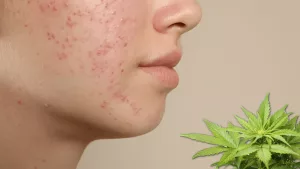

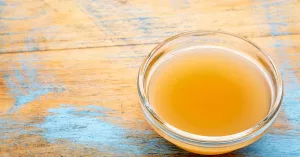







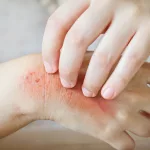

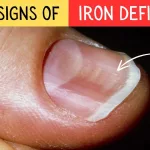
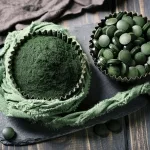






Leave a Reply
You must be logged in to post a comment.